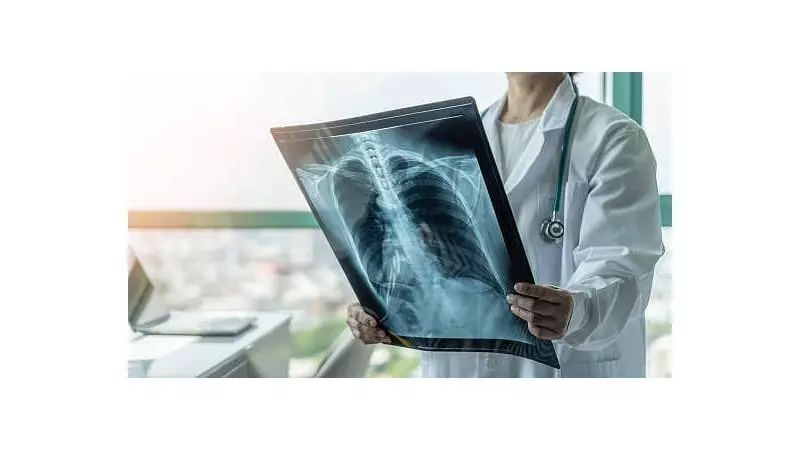
In a development that has sent shockwaves through India's medical community, the prestigious Postgraduate Institute of Medical Education and Research (PGIMER) in Chandigarh has confirmed the presence of a dangerous, multidrug-resistant bacterium within its cardiology department.
The Unwelcome Visitor: Elizabethkingia anophelis
Medical authorities have identified the pathogen as Elizabethkingia anophelis, a rare but formidable bacterium known for its resistance to conventional antibiotics. What makes this discovery particularly alarming is the bacterium's presence in the hospital's cardiac unit, where patients often have compromised immune systems.
"This isn't just another hospital-acquired infection," explains a senior microbiologist familiar with the situation. "Elizabethkingia represents a significant challenge due to its natural resistance to multiple antibiotic classes, making treatment extremely difficult."
How the Outbreak Unfolded
The detection came following routine surveillance when hospital staff noticed unusual infection patterns among cardiac patients. The epidemiological investigation revealed:
- Multiple cases concentrated in the cardiology ward
- Patients showing resistance to standard antibiotic treatments
- Genetic sequencing confirming the rare bacterial strain
- No fatalities reported among infected patients to date
Why This Superbug Matters
Elizabethkingia anophelis isn't your typical hospital pathogen. This bacterium possesses several concerning characteristics:
- Natural antibiotic resistance to carbapenems and other last-resort drugs
- High mortality potential in immunocompromised individuals
- Difficulty in detection through standard laboratory methods
- Environmental persistence in hospital settings
"The silver lining," notes a hospital spokesperson, "is that our surveillance systems worked as intended. We detected this early and have implemented comprehensive containment measures."
PGIMER's Multi-Pronged Response
The institute has activated its full infection control protocol, including:
- Enhanced environmental cleaning and disinfection procedures
- Strict isolation protocols for affected patients
- Comprehensive screening of high-risk individuals
- Review of all antibiotic prescribing practices
- Staff training on advanced infection control measures
Hospital authorities emphasize that the situation is under control and patient safety remains their highest priority. The quick response demonstrates PGIMER's commitment to maintaining the highest standards of medical care despite emerging challenges.
This incident serves as a crucial reminder of the ongoing battle against antimicrobial resistance in healthcare settings across India. As superbugs continue to evolve, vigilance and advanced detection systems become increasingly vital in protecting patient health.





